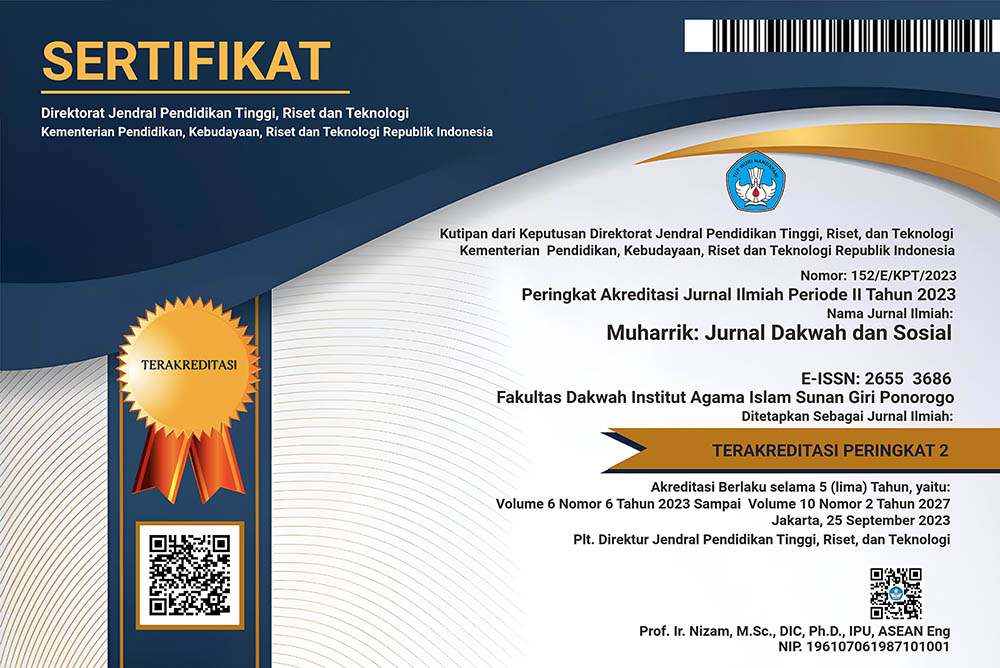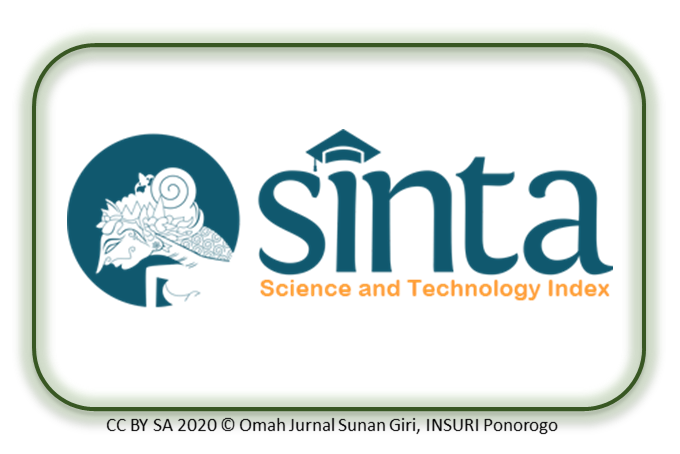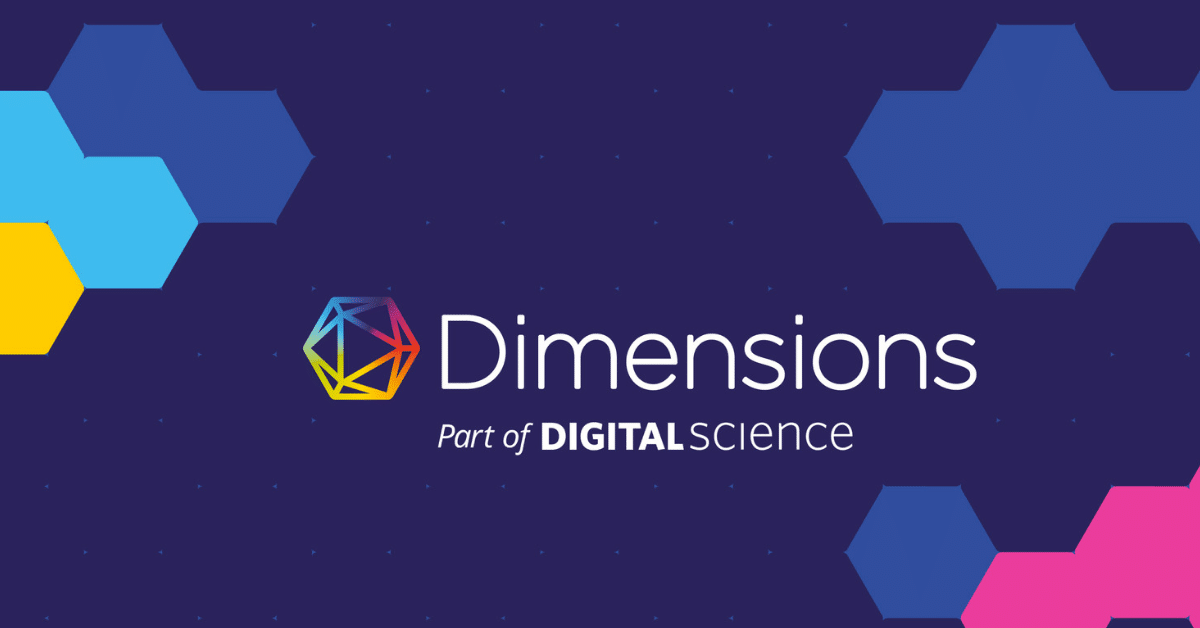Identity Crisis and Multicultural Challenges in the Dynamics of Indonesian New Media: An Intercultural Communication Perspective
Keywords:
Identity Crisis, Multicultural Challenges, New Media, Intercultural CommunicationAbstract
This article aims to analyze and explore the central role of new media in shaping and pioneering the dynamics of multiculturality in Indonesia. Data shows that the bullying and discrimination that exists in Indonesia indicates that the homo virtualis of the Indonesian nation are experiencing an identity crisis. The urgency of this research is how new media can catalyze a national identity crisis and pose a threat to cultural diversity, especially in Indonesia. This article uses qualitative research with a case study approach. The primary data source for this article is 9,996 tweets from Twitter netizens regarding the identity crisis. Secondary data in this research are articles, books and scientific reports relating to the theme. The data was then analyzed using content analysis techniques. The research results show that the dynamics of national identity in Indonesia have entered a crisis phase. The identity crisis in Indonesia is still dry of educational touches, so it never touches on substantial context. Then, the author found that the identity crisis that occurred in Indonesia occurred due to several factors, namely: 1) Globalization and modernization, 2) Regional disparities, 3) Ethnic and religious conflicts, 4) Lack of multicultural education, and 5) Influence of information and media. However, the author believes there are opportunities to alleviate this crisis through several constructive indicators: the Development of Intercultural Communication Literacy, the Use of Media as an Educational Means, Cross-Cultural Collaboration in Social Media, and anti-Apartheid Curriculum. The novelty of this research lies in a deeper understanding of the role of new media as agents of influence, sources of potential conflict, and opportunities to strengthen cultural diversity.
Downloads
Published
Issue
Section
License
The author(s) retain/s the copyright and grant/s Muharrik: Jurnal Dakwah dan Sosial the first publication rights licensed under the Creative Commons Attribution-NonCommercial 4.0 International (CC BY-NC 4.0) , which allows others to access (search, read, download and quote), share (copy and redistribute the material in any media or format) and adapt (mix, modify and develop) works for legitimate non-commercial purposes, with recognition of the authorship of the work and its initial publication in this journal.













